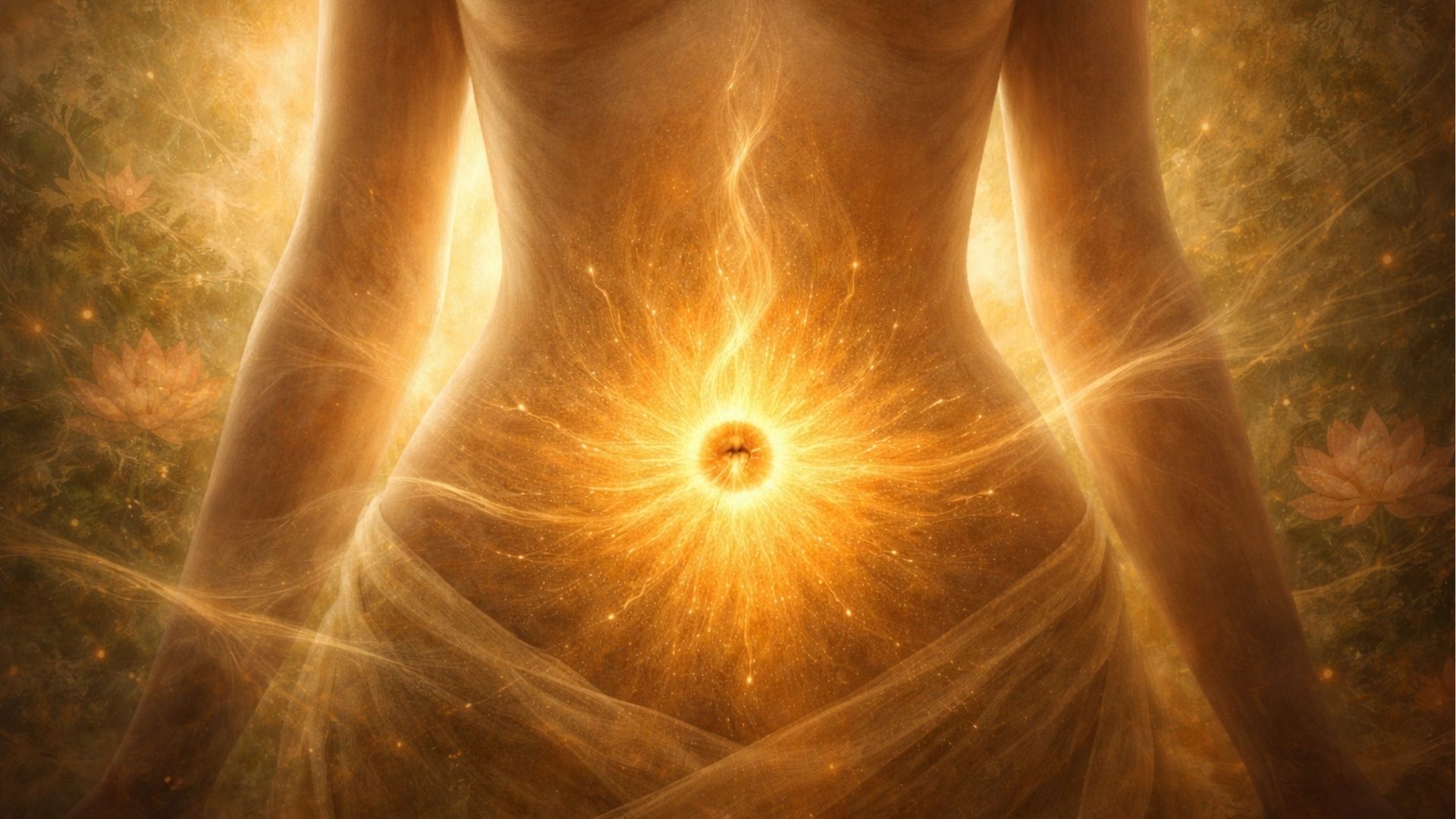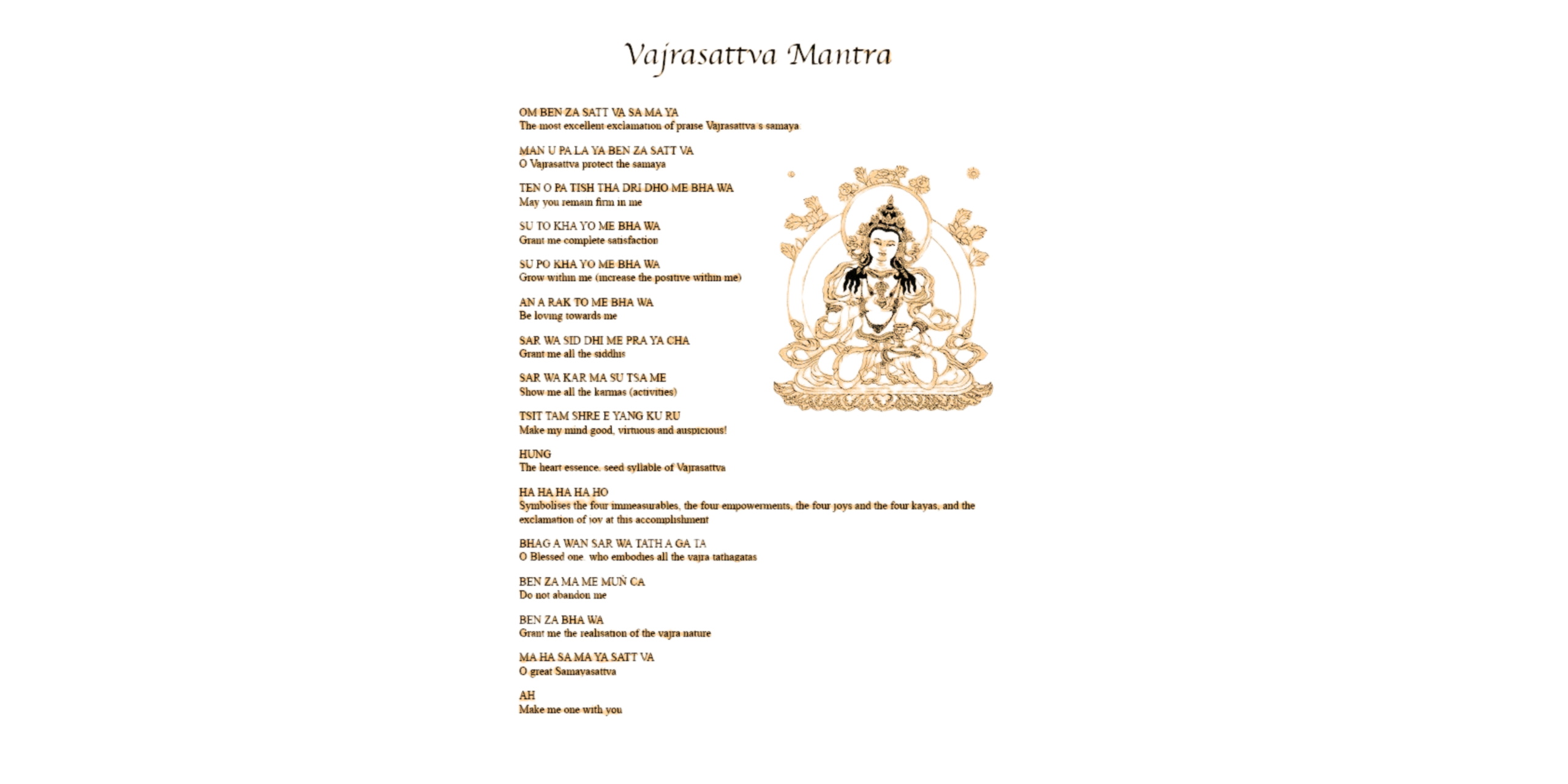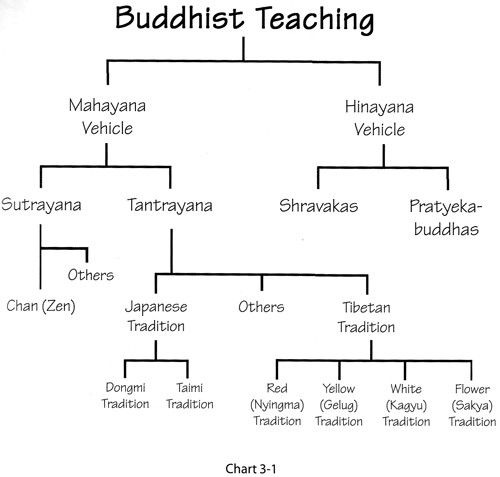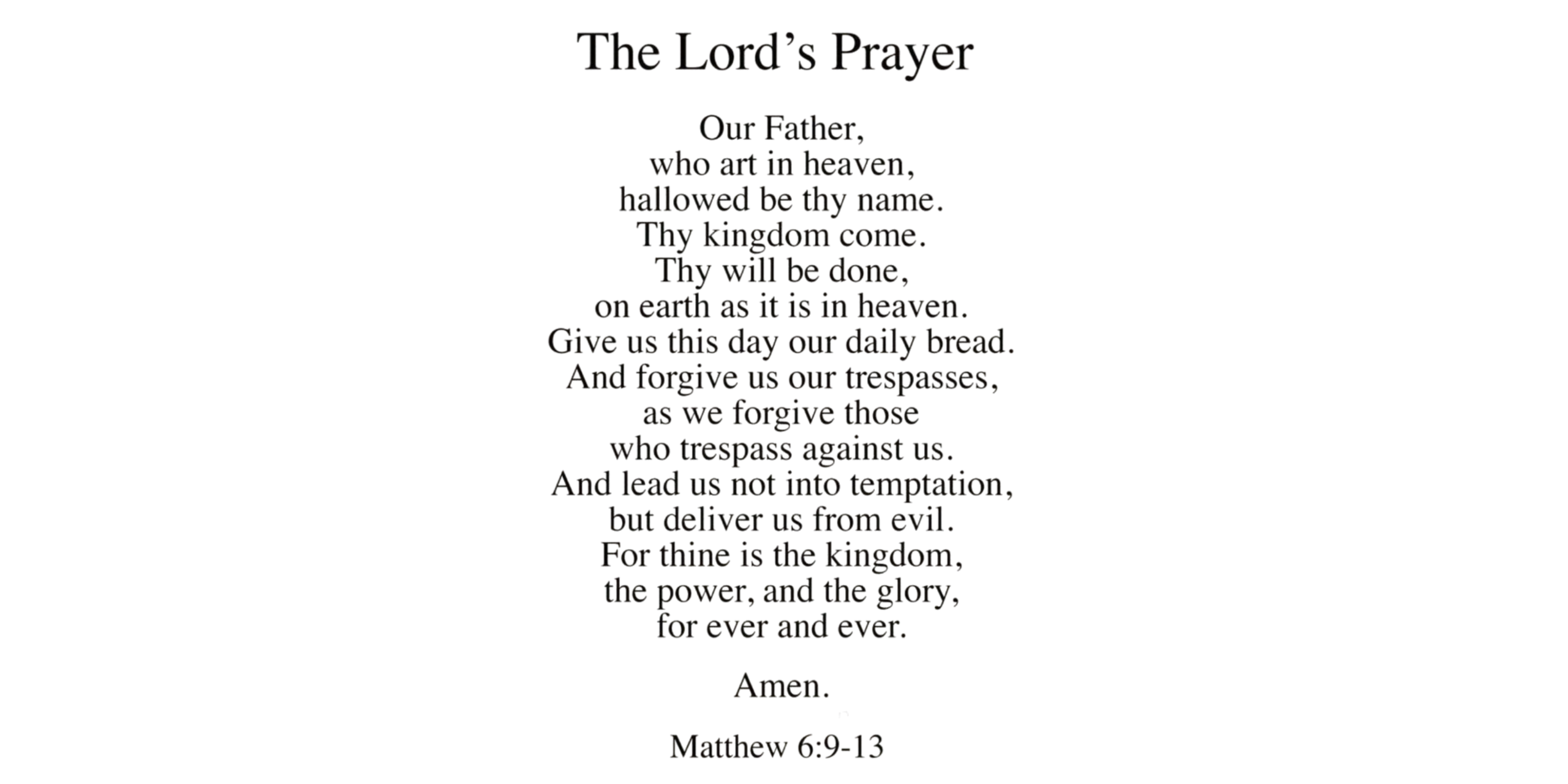Addiction is a word we often hear but rarely stop to understand in its depth. It’s not just about alcohol or drugs. It can be about food, gambling, shopping, social media, or even work. At its heart, addiction is a relationship gone wrong: a person depending so heavily on something that it begins to control them, instead of the other way around.
What Exactly is Addiction?
Addiction isn’t always obvious in the beginning. It usually starts as a harmless habit — a way to relax, escape, or feel good. But with time, the brain begins to crave that “hit” over and over. Soon, it isn’t about choice anymore. It’s about compulsion.
People often describe addiction as a cycle:
- Trigger: A feeling, stress, or situation sparks the urge.
- Action: The person gives in, whether it’s drinking, scrolling endlessly, or binge-eating.
- Relief: Temporary comfort or pleasure.
- Crash: Guilt, shame, or physical discomfort.
- Repeat: The cycle continues.
This repetitive loop is what makes addiction so hard to break.
The Damages Addiction Leaves Behind
Addiction doesn’t just affect one aspect of life; it spreads like ripples in water, touching everything around it. The damages can be physical, emotional, mental, and even spiritual.
1. Physical Health
Addictions take a toll on the body, even when they don’t involve substances. For instance, drug and alcohol dependency can damage organs, weaken immunity, and shorten lifespan. Meanwhile, compulsive behaviours like binge-eating or overworking exhaust the body, disturb sleep, and strain the heart.
2. Emotional Strain
Addiction often brings guilt, denial, or shame. A person may feel trapped between the craving and the regret that follows. Over time, this emotional rollercoaster can deepen into anxiety, depression, or complete numbness.
3. Relationships and Social Life
Families and friendships are often the silent victims. Trust erodes when promises are broken. Emotional distance grows. Loved ones may feel helpless, frustrated, or even betrayed. In many cases, relationships collapse under the weight of addiction.
4. Mental Health
The brain itself gets rewired. Addictions alter reward pathways, making natural joys — like a walk in the park or a chat with a friend — feel less satisfying compared to the addictive behaviour. This imbalance can fuel more dependency.
5. Financial Damage
Many addictions have a direct financial cost. Gambling can wipe out savings. Substance abuse leads to medical bills. Even something like online shopping can push someone into unmanageable debt.
6. Spiritual Disconnect
Addiction numbs the inner self. Instead of being present, a person often drifts between craving and regret. This disconnection makes it harder to feel grounded, purposeful, or at peace.
Why is Addiction So Hard to Break?
On the outside, it may seem simple: just stop. But inside, it’s much more complicated. Addiction changes brain chemistry, creating patterns of reward and craving that are difficult to undo.
It’s also wrapped up in emotions. Many people use addictions as a shield against pain, loneliness, or stress. Removing the addiction without addressing the deeper wound often leads to relapse.
Healing and Recovery
While addiction causes immense damage, healing is possible. The process is rarely quick, but it is worth the effort. Recovery means not just breaking the cycle, but also building healthier ways to cope, connect, and live.
Some helpful approaches include:
- Awareness: Recognising the addiction is the first step. Denial only prolongs the suffering.
- Support Systems: Family, friends, or support groups provide strength when the urge feels too heavy to carry alone.
- Therapy and Counselling: Professional guidance helps uncover the root causes and develop healthier coping skills.
- Healthy Alternatives: Replacing the addictive behaviour with something nourishing — like meditation, exercise, journaling, or creative work.
- Spiritual Practices: Many find peace and grounding through prayer, mindfulness, or simply reconnecting with their inner self.
The Role of Compassion
Addiction often carries stigma, which only deepens the struggle. Harsh judgement or isolation rarely helps. What makes a difference is compassion — both from others and from within. A kind word, patient understanding, or the courage to forgive oneself can become powerful tools in the journey to healing.
Moving Forward
Breaking free from addiction is like learning to live again. It requires patience, support, and sometimes painful honesty. But every step forward — no matter how small — is a victory.
If you or someone you love is facing addiction, remember: recovery is not about becoming perfect. It’s about rediscovering balance, regaining control, and reconnecting with life.
Final Thought
Addiction may leave scars, but those scars can also become reminders of strength and resilience. Healing begins when we choose awareness over denial, compassion over judgement, and hope over despair.
At Masi Wellness, we believe that the path to recovery is not just about breaking habits, but about nurturing the mind, body, and soul back to wholeness.







